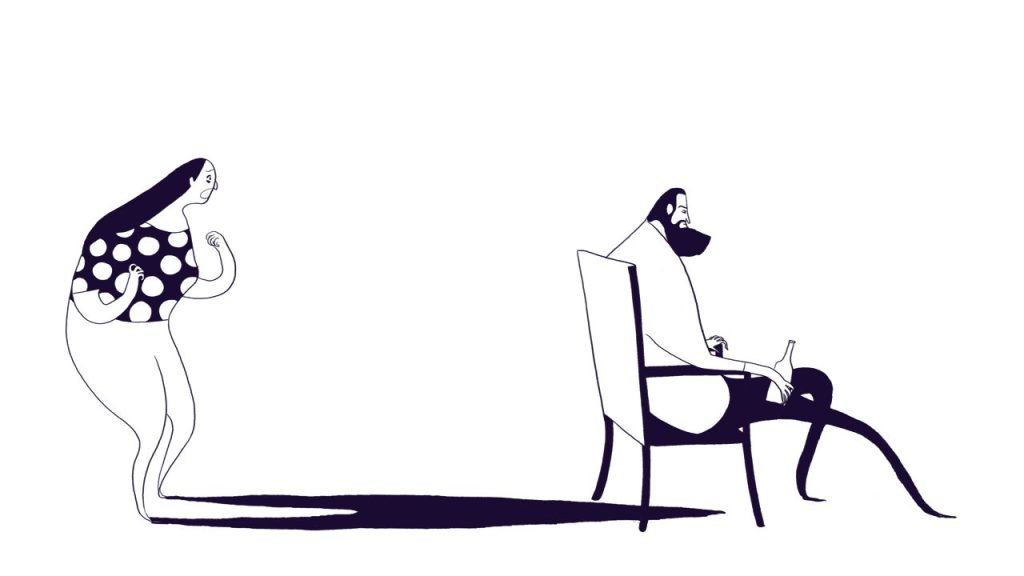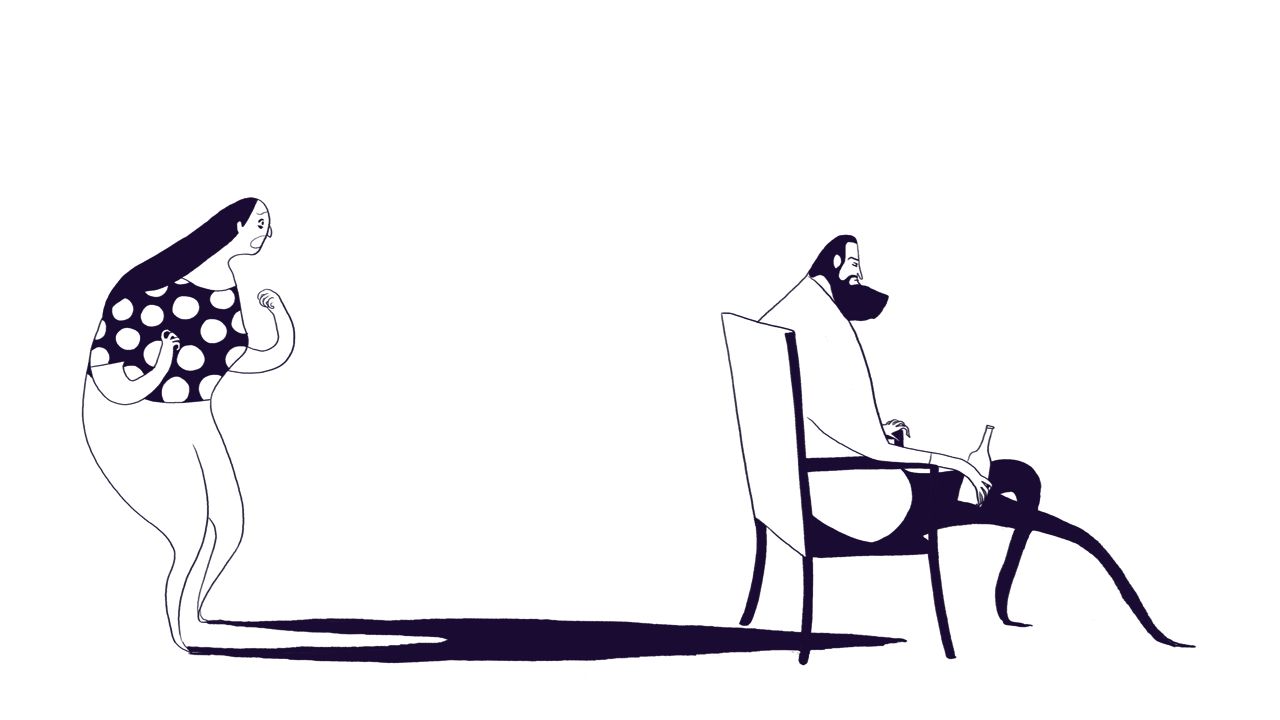Understanding Your Reactions to an Addicted Family Member

Illustration © Eleanor Davis
How you react to your loved one when they are using drugs or alcohol is key to how you guide them towards getting help for their addiction.
Is there an upside for you when your loved one uses?
This question may surprise you, but without meaning to, you may be getting some benefits when they use. Perhaps it’s a sense of feeling needed, or the relief of not having to focus on your own problems.
For example, I once worked with a woman whose husband was just plain nicer to her when he drank beer. She knew the hard liquor and periodic cocaine use were problems, but she enjoyed her husband’s better mood and his added attention when he slowly got stoned on beer.
This isn’t about blaming yourself. You are not the cause of their using! But be aware of how your own feelings could weaken your motivation to take action, or create mixed messages about wanting them to stop using or get treatment.
Watch for reactions that just don’t work
It’s likely more easy for you to identify the downsides of your loved one’s drug or alcohol use. Their use leads to hurt feelings that may cause you to react in a way that pushes them away.
What’s really important in our approach at Allies in Recovery is the softening of the relationship so your loved one will come to you when they’re having a hard time. You want to be seen as a resource in their life, so they think of coming to you for help.
If your tone is judgmental, angry, disapproving or lecturing, this can shut down the conversation and push them away. What we want to do is the opposite – to build a bridge between you and your loved one. When they’re in pain, or want to make a change in their life and realize drugs or alcohol are a problem, they can easily cross back over that bridge and say that to you.
Your loved one is an adult and there’s nothing you can force them to do, but you can treat them in a way that draws them towards you instead of making them want to get away from you. This is different than tough love or Al-Anon, which would have you simply detach from your loved one.
Understanding your own emotional reactions – both positive and negative – will help you respond in the most effective ways that will help heal your family.
A membership at Allies in Recovery brings you into contact with experts in the fields of recovery and treatment for drug and alcohol issues. Our learning platform introduces you to CRAFT and guides you through the best techniques for unblocking the situation. Together we will move your loved one towards recovery. Learn more here.

